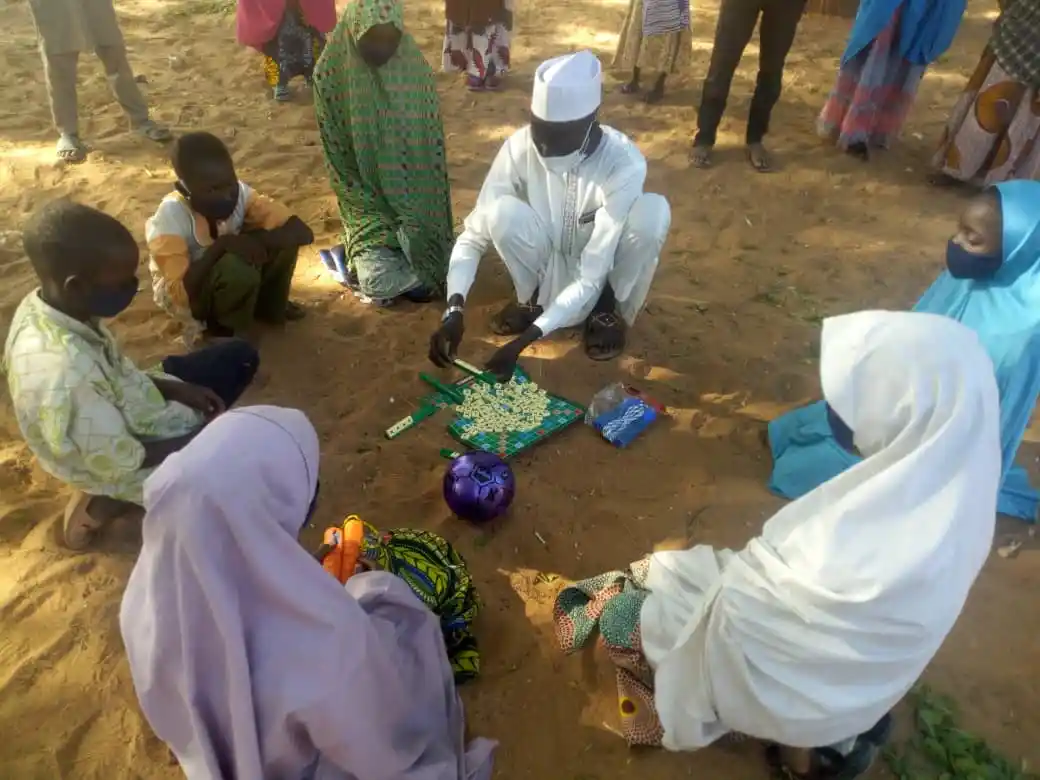
The term ‘girl-child refers to a female between the ages of 6-18 years (Mukhatar (2011). Thus, in countries affected by conflict (Northeast Nigeria), girls are more than twice as likely to be out of school than girls living in non-affected countries. According to Nigerian President Muhammed Buhari as quoted on January 16, 2020 Nigeria has 13.2 million out-of-school children. The girl-child accounts for 60% of this figure. Pervasive gender ideologies at the household and community levels always favor boys over girls and promote differential educational opportunities and outcomes.
This study focused on the challenges of girl-child education in Damaturu and Bade in Yobe State. The objectives of the study are identifying the challenges of girl-child education, factors responsible for low enrolment of girl child, explain the importance of female education to community development and to make recommendation on how these challenges can be addressed. Hypotheses on the challenges of girl-child education were formulated to provide direction for this research work. The study shows that there is significant relationship between cultural beliefs of a society and the advancement of girl-child education and the ability of government to contribute substantially to girl-child education is significantly dependent on their programs and policies.
This was revealed through the simple random technique and the purposive sampling technique which were adopted for the administration of questionnaires. It was found that despite the availability of schools and frequent enrolment of students in the study areas, the rate of completion is still low compared to their male counterparts. Factors that contributed to these challenges are poverty, negative attitudes of parents towards education, street hawking, early marriage, insecurity among other factors.
Though government of Yobe State have tried to encourage girl-child education, the people fill that more needs to be done by improving infrastructural deficiency, improved teacher professional development and creating awareness that will encourage the people to prioritize the education of girl-child. It was also recommended that government should create poverty alleviation program at the grass root, girl-child needs to be provided with a safe and supportive educational environment that is free from abuse, early marriage should be abolished until the girl-child has attained a certain level of education and government should make concerted effort to engage with development partners in ensuring community-based sensitization and human capacity development of teachers that will translate into increase enrolment of girl-child.
5 responses to “The Challenges of Girl-Child Education, A Case Study of Yobe State, North-East Nigeria”
-
Beautiful Contribution Ishaku!
-
Great job!
-
a great piece
-
Job Weldon
-
This is good.
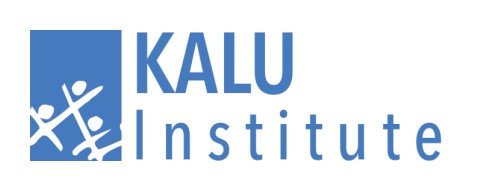
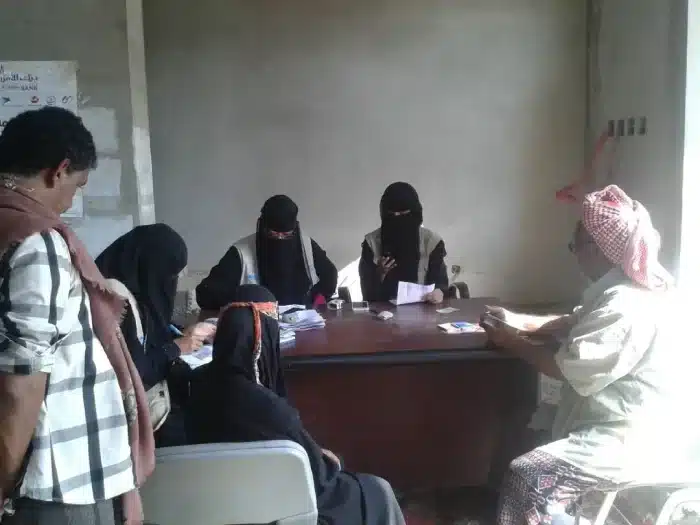
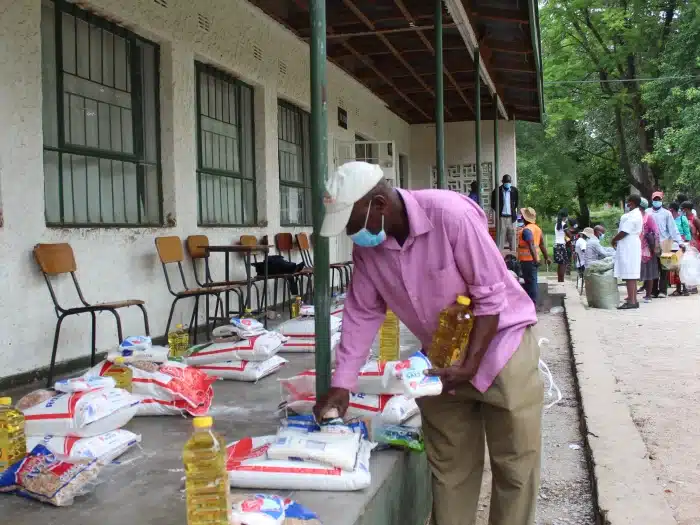
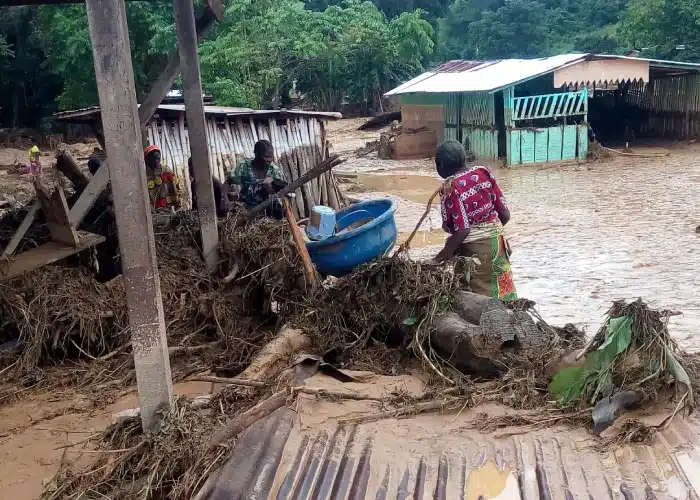
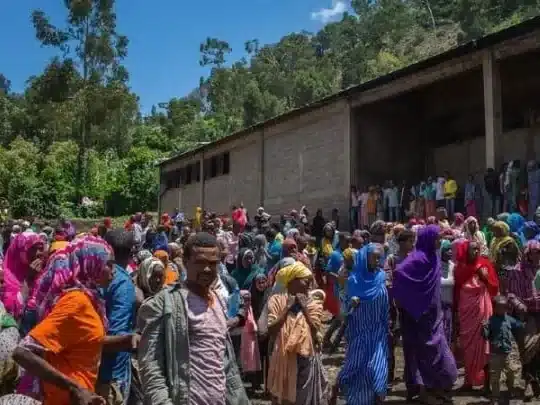
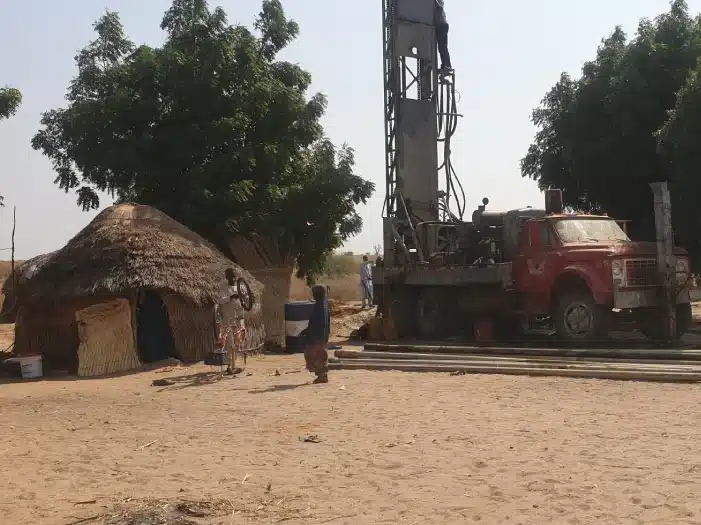
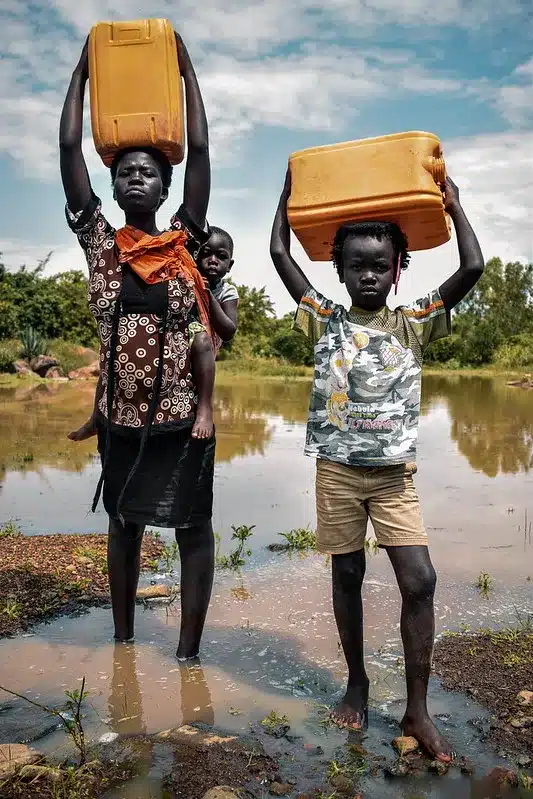
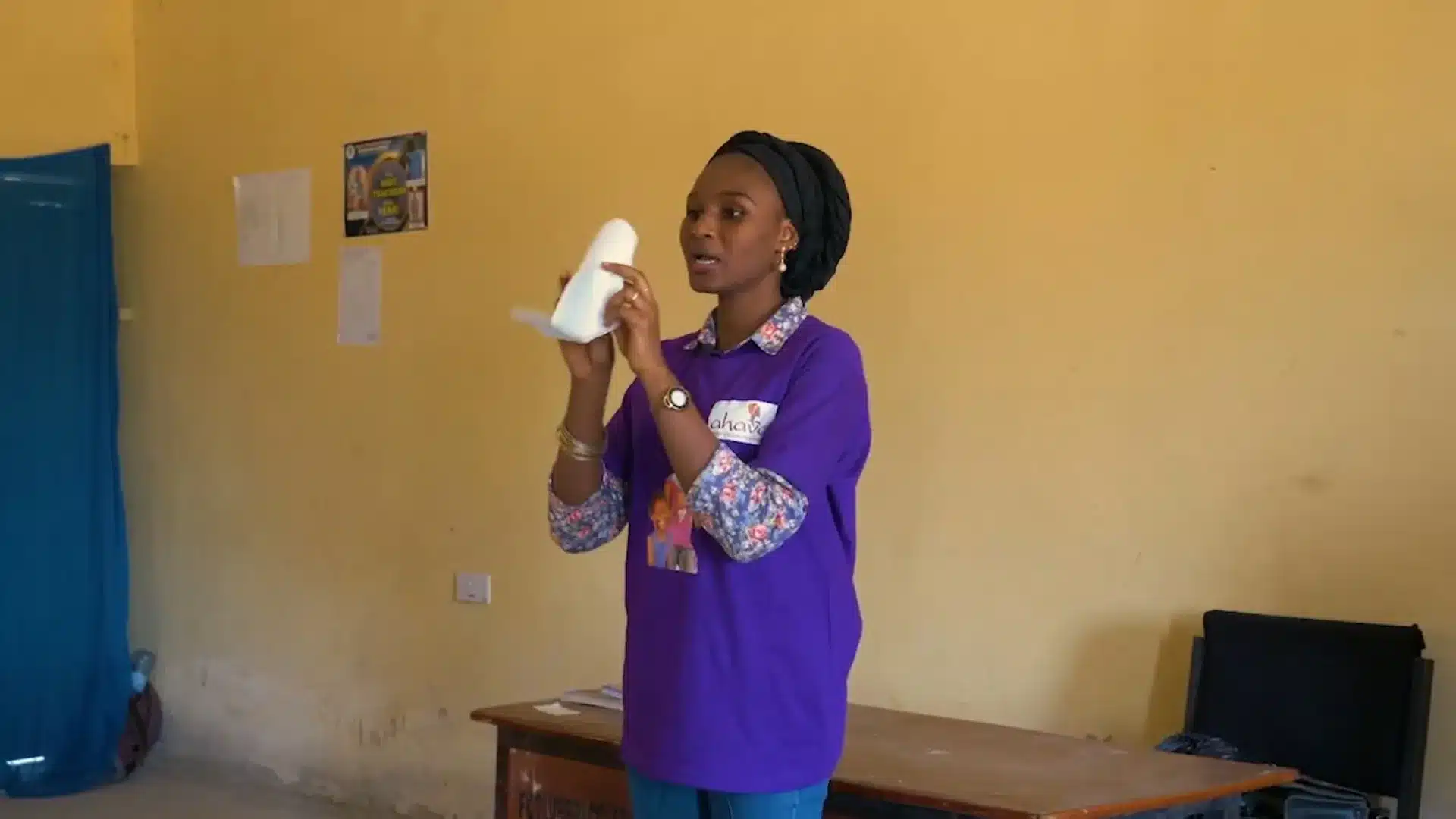
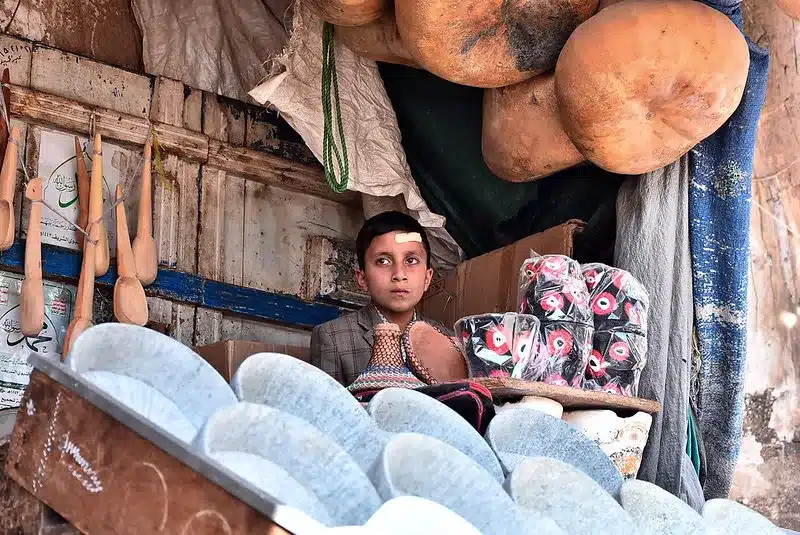
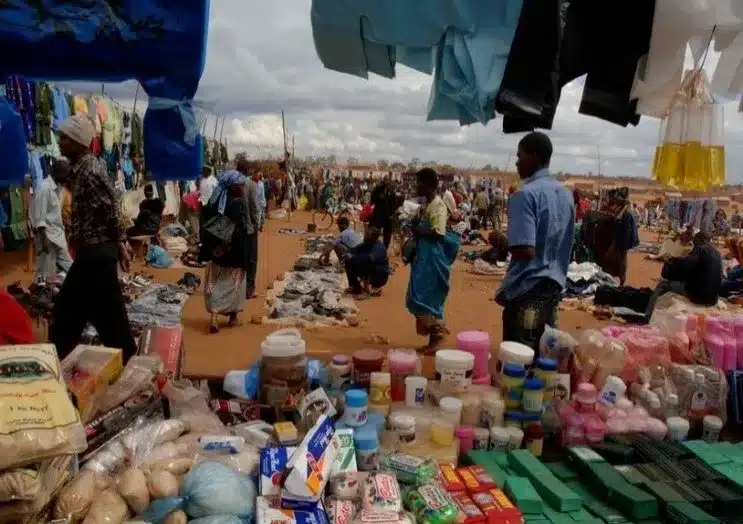
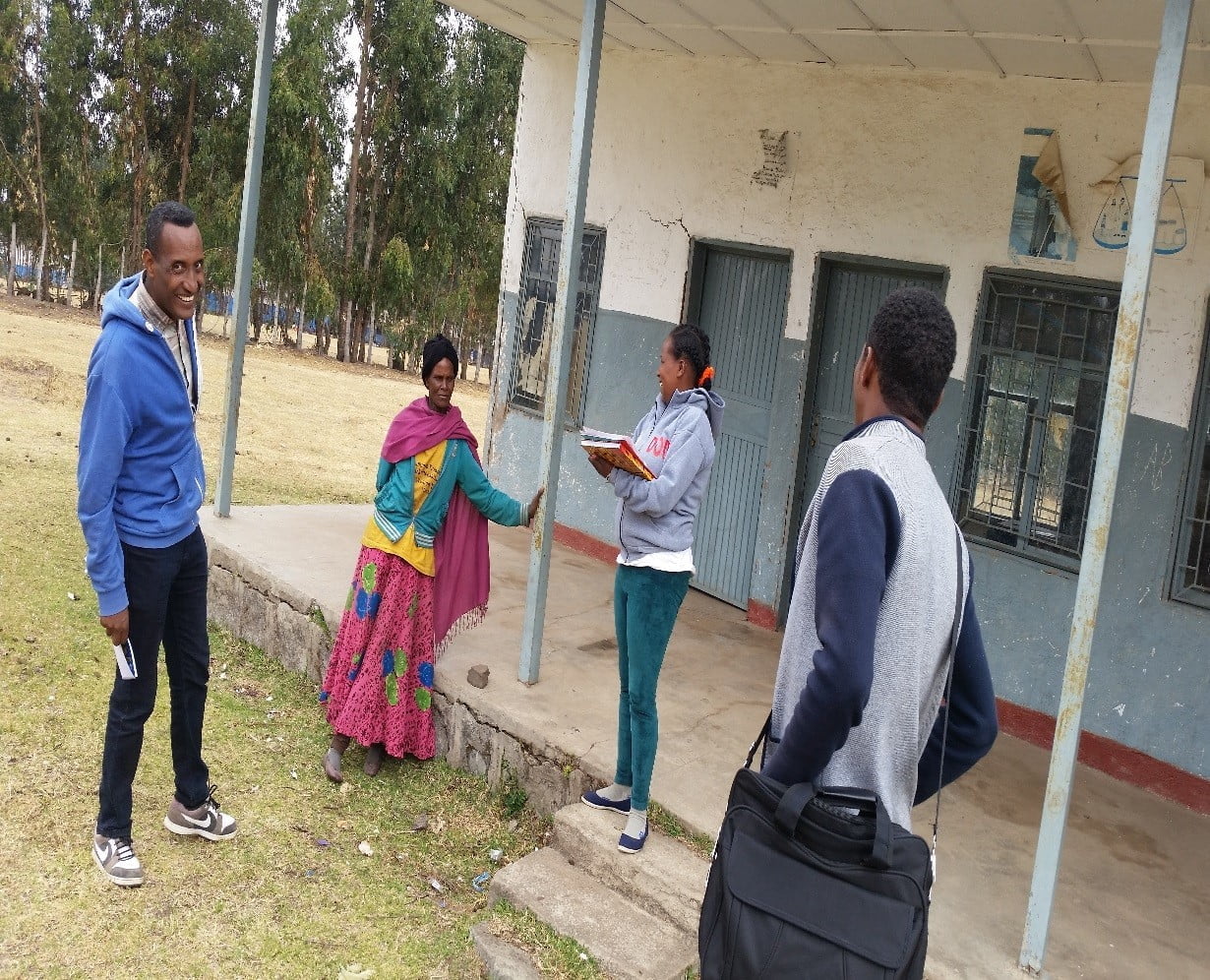

Leave a Reply